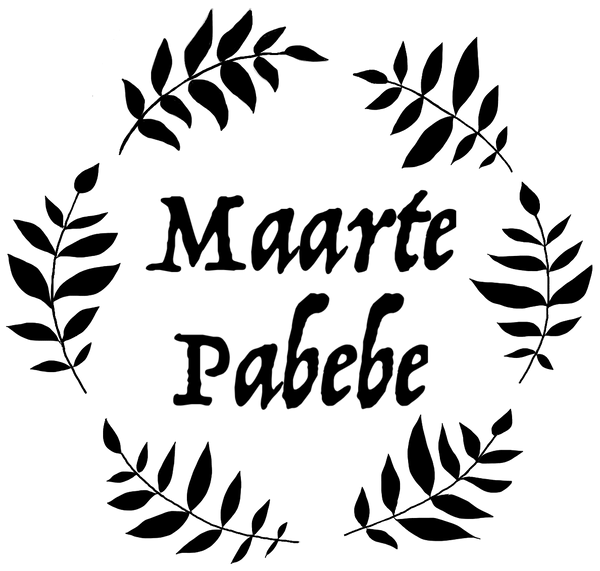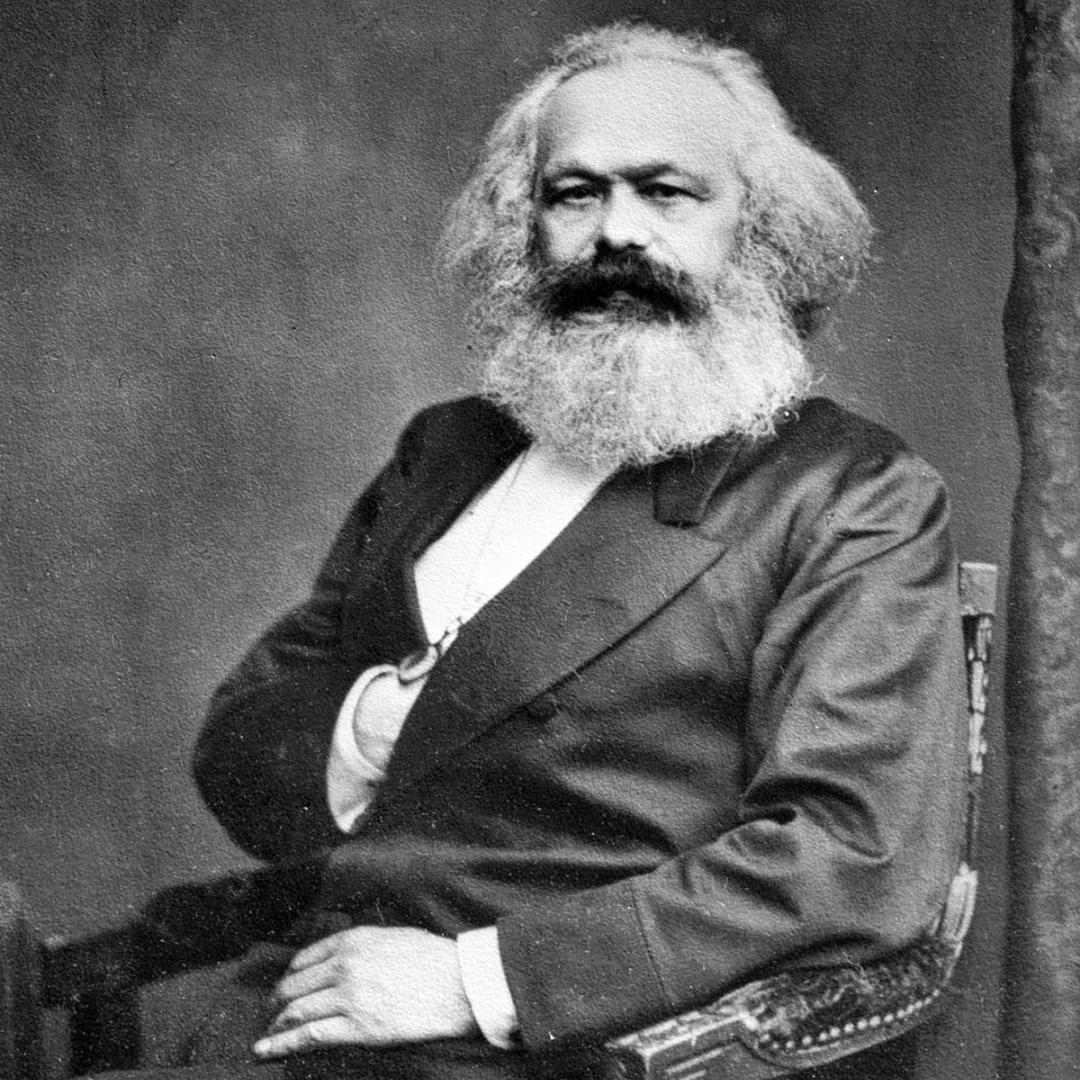Karl Marx’s discussion on alienation reveals a number of regards to his understandings of human nature. To begin, alienation entails the separation of an individual from the conditions of meaningful agency. Alienation is generally established as a separation of being from self. According to Marx, alienation is the result of the submission of individual will towards a power where individual will is given freely under the societal conformities and constraints to and of capitalism. It is through these discussions of alienation that Marx is able to reveal his understanding of human nature.
In Marx’s analysis in Estranged Labour, he distinguishes four forms of alienation in labour within capitalist societies. The first form of alienation Marx discusses is the alienation of the labourer from their products of labour, the second form of alienation is the separation from the labourer from the activity of their work. The third form of alienation Marx discusses is the alienation of the being from themselves, or their own species being — alienation of the labourer from their own humanity. Lastly, the fourth form of alienation is the alienation of individuals from others.
In regards to Marx’s first form of alienation, alienation from the product of labour, can simply be disclosed as the separation of the labourer from the products they create and, overall, the separation of the labourer from the means of production. According to Marx, the relation of the worker to the product of labour as an alien object is an employer or cooperation’s exercise of power over the worker (Marx 74). The relationship between the individual and the objects they reproduce coincides with the being’s relations to their sensuous external world, and as a result of this alienation made by the employer, the cooperation and their capitalist work environment, these objects of nature are now viewed as an alien phenomenon by the labourer and is now exhibited inimical and in opposition to the labourer themselves. Here, the estrangement of the thing is exhibited.
Marx’s second act of estrangement, alienation from the activity of labour, involves the relation of labour to the act of production within the labour process. This relation is the relation of the worker to their own activity as an alien activity not belonging to themselves. According to Marx, it is an activity of suffering, of weakness, and the deprivation of one’s role from the worker’s own physical and mental energy, their personal life; and whatever life other than activity, is an activity that is turned against the worker, neither depending or belonging to them (74). Labour, or the individual’s life activity (or productive life) appears to the individual as a means of satisfying a need, that is, the need to maintain their physical existence (75). However, with the estrangement of the worker from their activity of labour, self-estrangement is exhibited. Marx then proceeds to state the fact that animals are one with their life-activities and that they do not distinguish themselves from it — animals, essentially, are their life-activity. And similar to animals, humanity makes their life activity the object of their will and of their consciousness, humanity has conscious life-activity; although it is not a determination we directly merge to our identity. Marx also brings to light the fact that human activity is also a free activity, that is, done so by the being’s own free choice. So, it is merely because humanity is a species being, that of which, is also a conscious-being (meaning their own life is an object for them), that the individual makes their life-activity their essential being, a means to their own existence. And unfortunately, estranged labour reverses this relationship between the species-being and their life-activity (76).
Marx’s third act of estrangement, alienation from one’s own humanity, regards humanity’s species being and can be deduced from the first two acts of estrangement. To reiterate: human individuals are species beings, in practise and in theory, they adopt their species as an object. That is, humanity treats themselves as their own object, but also regards themselves as actual, living species. Humanity recognizes themselves as a universal and therefore free being that regards nature and their spiritual species properties into beings different to them — into a means for their individual existence. Marx says that the life of a species, human and animal, consists physically in that humanity (like animals) lives within organic nature, and the more universal the individual is compared to an animal, the more universal is the sphere of inorganic nature they reside (75). Just as the external environment (plants, animals, etc.) is a part of the human consciousness in the realm of theory, it also resides in the realm of practise — constituting a part of human life and activity. Physically, humanity lives only within the products of nature (i.e. through food, clothing, shelter, etc.). It estranges the individual from their own body, as it does to external nature and their spiritual essence, their human being. However the universality of humanity in practise is manifested in the universality that makes all nature humanity’s inorganic nature. According to Marx, Nature is humanity’s inorganic nature; meaning, nature is ultimately not itself a part of the individual’s body, however, nature and humanity coincide in that, the individual merely lives on nature. Nature extends to the being’s body, which must remain within a continuous intercourse if humanity wants to continue to reside within nature (76). He states that humanity's physical and spiritual life is linked to nature in that nature is linked to itself, for humanity is then a part of nature. In being estranged from nature and from themself — their own active functions, and life-activity — estranged labour estranges the species from the humanity, it estranges the life of the species and individual life and it makes individual, a life in its abstract form, the purpose of the life of the species (in both its abstract and estranged form).
Marx’s final act of estrangement is the alienation from others, or the alienation of the worker from society. The estrangement of the worker from others is an immediate consequence of the fact that humanity is estranged from the product of their labour and from their life-activity. Ultimately, the estrangement of their species being is the alienation of not only the individual from themselves, but also the alienation from individuals from those around them, and even a dissociation from their society (77). Marx states that if an individual is confronted by themself, they are also confronted by the Other. What applies to an individual’s reaction to their work, to the product of their labour and to themself, also holds an individual’s relation to the Other and the Other’s labour and object of labour. Marx states that we differ from the animal kingdom in that animals only preserve their own lives, whereas humanity does so universally; animals only form things to which they belong to, whereas humanity knows how to produce for every species and knows where to apply the inherent standard to the object. This production is humanity’s active species life and it is because of this production, nature appears as their work and reality. The object of labour is thereby the objectification of humanity’s species life, humanity reflecting upon themselves consciously and intellectually, in activity and in reality, associating themselves in a world they created. By separating the individual from the object of their production, estranged labour separates the individual from their species life, or species objectivity, and transforms their advantage over animals into a disadvantage that their inorganic body, or nature, takes away from them (76-77). Marx’s proposition that an individual’s species-nature is estranged from the individual himself means that the individual is also estranged from the Other, as each of them is from humanity’s essential nature. The estrangement of humanity, and every relationship in which they stand to themselves, is first realized and expressed in the relationship where an individual is put against each other. Therefore, within the relationship of estranged labour, each individual views the other in accordance with the standard and position in which they find themselves as a worker.
With that being said, there are a number of ways Marx’s discussion on alienation reveals his understanding of human nature. Humanity identifies themselves through their labour — or through their species activity — which in turn, reflects upon their relationship to nature, themselves as a species being, and through their relationships with others. Humans are, by nature, emotional and sentimental beings, and determines themselves through their actions of labour, through their relations with nature, others, and themselves. These relations are how humanity finds meaning in life. Humanity thereby associates their external and internal environments as conditions of meaningful agency; and according to Marx, these conditions are what separates humanity from the animal kingdom, or of primitive beings. Humanity expresses and affiliates themselves through their species-activity and through the ability to mold nature to products that can be used to sustain and benefit the species, nature becomes a part of the species in that it provides and coincides with humanity. The physical world is at the disposal of the species being through species activity. These activities within nature is how humanity is able to preserve their species being — of the individual themselves and of others around them — and also coincides with how individuals interact with themselves and with the Other. Humanity’s species activity is what brings meaning and purpose into individual lives and it is how individuals are able to communicate with nature, themselves, and others. The species activity then, the initial actions made towards the relationships with the individual and their external world and relationships, which in turn, sustains the individual’s being.
The estrangement of labour, its alienation from the worker and their labour, would then cut off the attachments humanity makes to their relations. The disconnect between one’s labour and production extends to the alienation of the individual from nature, others, and ultimately themselves because, as sentimental beings, species activity is how the individual is able to interact with these important conditions of life. Unfortunately, because society is so heavily influenced by capitalism — the current structure of modern society being the result of the evolution of capitalist modes of production — the individual must conform their species activity to these exploitative modes of production in order to continue living amongst their State.
Unfortunately, the estrangement of labour, the alienation of being’s species activity — and thereby the alienation of the individual from nature, others, and themselves — is something humanity gives up freely to a power that takes advantage of the capitalist modes of production within society: the capitalist themselves. In order for the individual to coincide with their external environment, with nature and society, they must freely give up their will in order to continue to be a part of society. The individual must confirm to the powers of capitalism in order to continue as an individual within society. Ironically, in order to associate with society, the species being must dissociate with their species activity, which in turn would cause an estrangement from their external world, others and themselves. With the estrangement of such relations, what then is the point of giving up individual will in the first place?
Works Cited
Marx, Karl, and Friedrich Engels. The Marx-Engels Reader. Edited by Robert C. Tucker, Norton, 1978.





